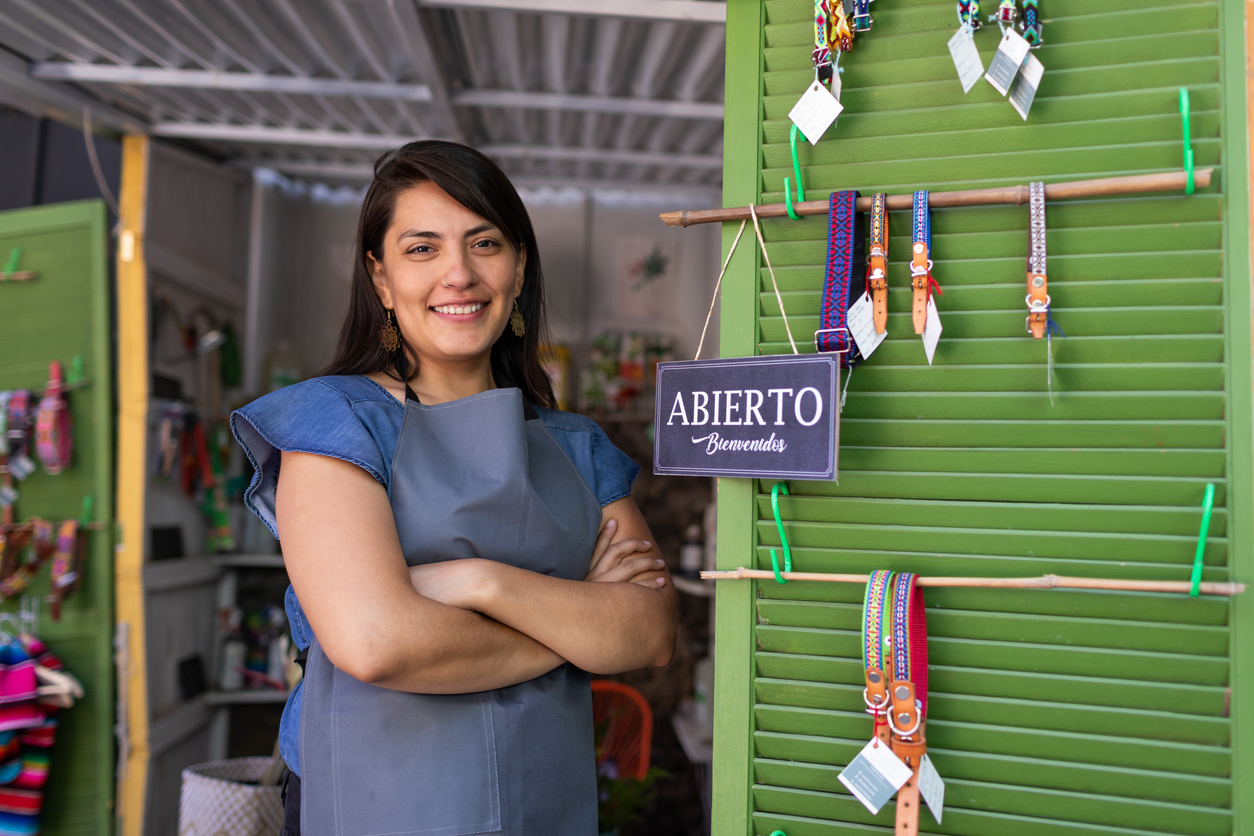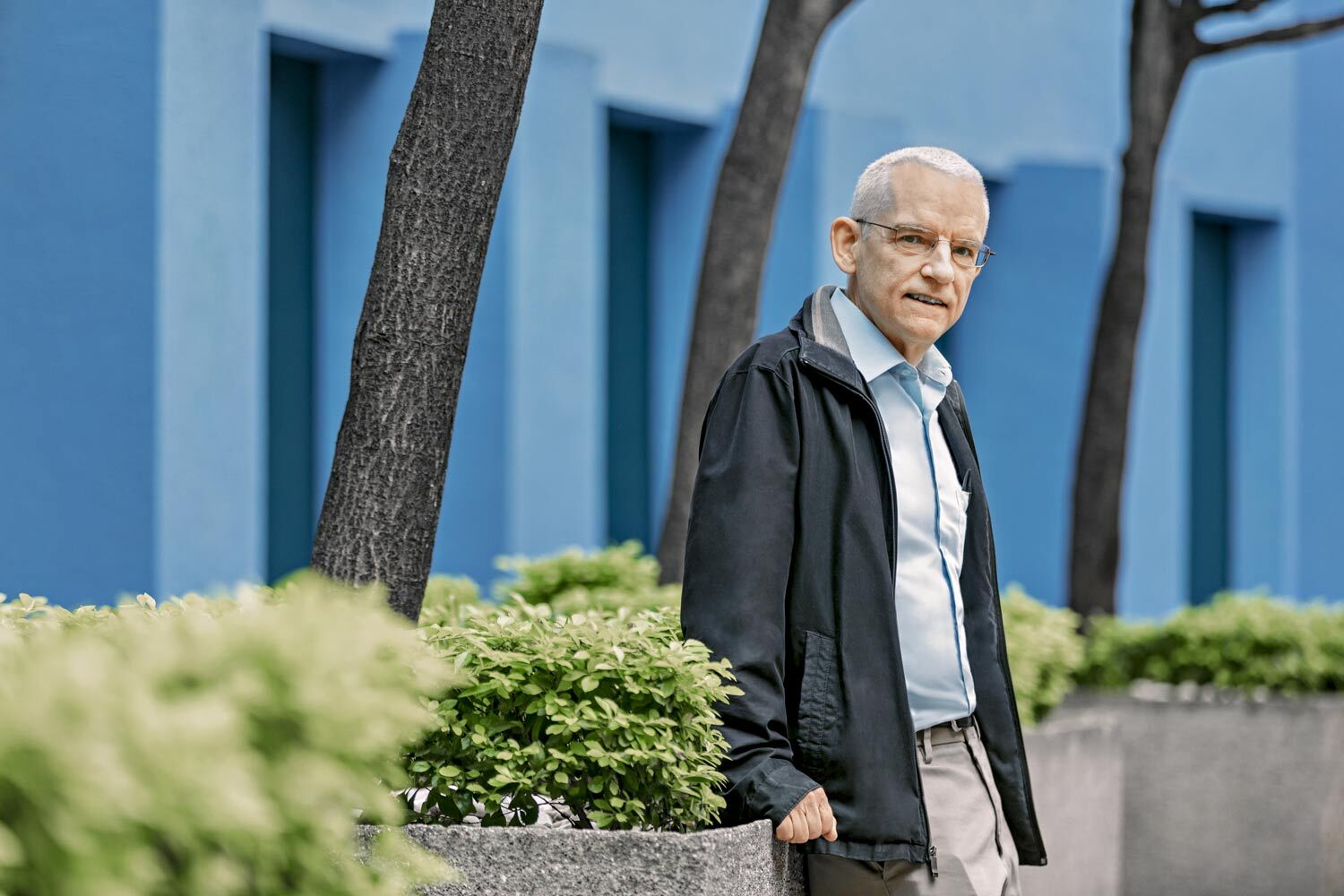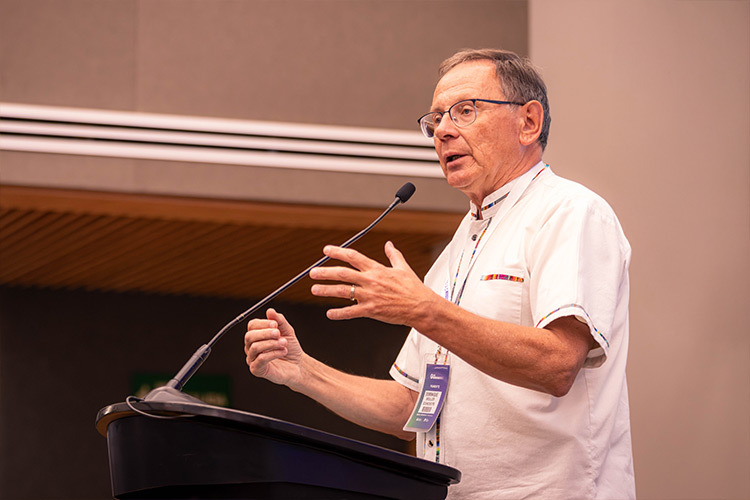What does it take to live a decent life in Mexico—and how much does it cost? A team of researchers at Tecnológico de Monterrey is tackling these questions with a method that links the minimum income families need to the essential conditions for a good quality of life.
“It’s about meeting basic needs—like food, decent housing, clothing—as well as having access to good jobs, quality healthcare and education, and even some free time,” explains Christiane Molina, a researcher at EGADE Business School and the university’s Conscious Enterprise Center (CEC). “It also includes being informed and connected, living in a safe and stable environment, and feeling a sense of belonging in society.”
The Decent Living Standard project puts forward something like a living wage calculator. It’s inspired by the Minimum Income Standard (MIS) developed at Loughborough University in the UK, but it’s tailored to reflect the realities of life in Mexico.
Through this initiative, the team hopes to pinpoint what it takes for various types of households across Mexico to meet a basic—but decent—living standard. Not luxurious, but certainly more than just scraping by. The idea is to calculate how much income it takes to cover each family member’s share of a dignified life. The researchers are also preparing a comprehensive report to support better public policies, business planning, and service delivery—all with the goal of improving overall quality of life.
Research Toward a Standard for a Decent Life
The Mexican Constitution mandates that the minimum wage must meet not only material needs but also social and cultural ones, including the well-being and education of workers’ children.
Today, Mexico’s general minimum wage stands at about 278.80 pesos per day—roughly 8,480.17 pesos per month. Yet the monthly cost of a basic food basket alone is around 2,379.47 pesos per person, and when you include other essentials, the total basket reaches 4,680.15 pesos per person. For a family of four, the math is clear: the minimum wage falls short.
Building on this reality, researchers at the Conscious Enterprise Center are conducting a study based on three distinct approaches. The first is quantitative, relying on official statistics and economic models to calculate the bare minimum income needed for survival—for instance, based on the number of daily calories a person should consume.
But that method alone misses a crucial element: people’s lived experiences. That’s why the team also uses a mixed-methods approach, blending statistical data with public consultation. Finally, there’s a qualitative track—similar to the UK’s MIS method—that gathers insights through focus groups. In these sessions, people from a range of socioeconomic backgrounds discuss and reach a consensus on a key question: What does it truly take to live with dignity?
“This methodology aims to simulate what would happen if you threw the question out to the public and sparked a debate on what’s needed for a decent life,” says Molina. “Unlike other studies where an expert makes the call from behind a desk, here it’s regular people who decide. We’re not in a position to tell someone what their needs should be.”
Group Discussions to Identify Real Needs
The research team is conducting the study in six Mexican cities: Monterrey, Mexico City, Guadalajara, Saltillo, León, and Veracruz. In each location, they organize discussion groups made up of about ten participants from various socioeconomic backgrounds, reflecting the country’s real demographic mix and ensuring a wide range of perspectives.
These sessions take into account different types of families—by age and household composition—including groups with mothers, fathers, children of various ages, and single parents.
Each session, which can last anywhere from three to six hours, begins with a baseline definition of what it means to live a decent life. From there, participants build detailed lists of what families actually need. That might include the quantity and types of clothing a child should have or home services such as internet access, among other essentials.
The factors discussed include:
- Food: ensuring proper quantity, quality, cost, and meal frequency.
- Housing: sufficient space, number of rooms, and access to basic utilities.
- Work: offering stability, training opportunities, and reasonable working hours.
- Healthcare and education: not just accessible, but high-quality and affordable enough not to be a financial burden.
- Leisure and community: access to recreational activities, vacations, celebrations, and events.
- Transportation: whether through a reliable public system or owning a vehicle.
After generating these lists, researchers collect real prices from local stores. Participants then reconvene for further sessions to review whether the listed goods and services are still essential and whether their costs reflect a dignified standard.
“We’re trying to understand the minimum income a family should have in order to live according to that definition of a decent life we’ve created,” explains the researcher.
What Is the Minimum Income for a Decent Life?
Each year, Mexico’s National Minimum Wage Commission (CONASAMI) sets the base amount that employers are legally required to pay their workers. In addition, labor unions and business groups—such as the Employers Confederation of the Mexican Republic (COPARMEX)—also assess and propose what they consider a sufficient wage for a dignified life, which in this case is 12,500 pesos per month after taxes.
Although the study being led by the Conscious Enterprise Center is still underway, early estimates suggest that the monthly cost of a decent life could exceed 25,000 pesos. That figure aligns with similar findings from studies conducted by the Espinosa Yglesias Research Center (CEEY) and the Anker Research Institute, in collaboration with Acción Ciudadana Frente a la Pobreza, which calculated a monthly family income of around 23,493 pesos. Of course, these numbers vary depending on household size and the ages of its members.
The final product of this research will be a technical report, complete with a detailed budget outlining what families truly need to live with dignity—not just to avoid poverty. The findings are expected to inform public policies in areas like health, housing, transportation, and education, all grounded in what citizens themselves identify as essential.
It could also serve as a valuable guide for companies to rethink their compensation and benefits packages. For instance, instead of handing out a traditional holiday gift basket, an employer might provide school supplies if that would have a more meaningful financial impact for workers.
Looking ahead, the team is also exploring the development of a digital calculator, similar to the Living Wage initiative from the Massachusetts Institute of Technology (MIT), allowing users to estimate the income needed for a decent life based on city and family type.
“Our goal is to change people’s lives,” says Molina. “We want to make sure no one has to choose between one essential need and another. The hope is that they can truly live the dignified life they themselves have helped define.”
Were you interested in this story? Would you like to publish it? Contact our content editor to learn more: marianaleonm@tec.mx

















